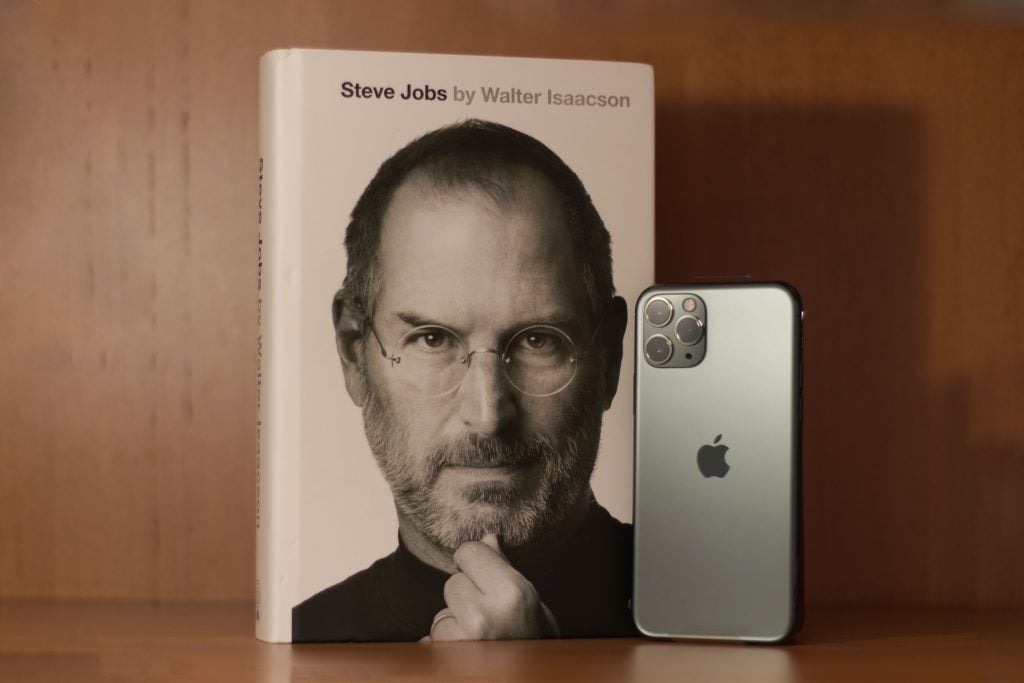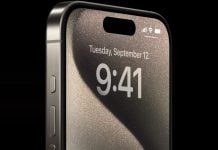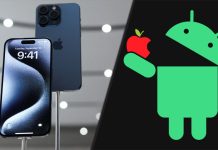Today marks the 12th death anniversary of Steve Jobs, a visionary who not only co-founded Apple Inc. but also revolutionized the smartphone industry. Before the advent of the iPhone in 2007, smartphones were largely clunky devices with physical keyboards and limited functionality. They were primarily targeted at business users for functions like email and basic internet browsing.
Steve Jobs saw the vision of the perfect iPhone before it ever existed
Jobs saw the potential for something much grander. His vision was a device that combined an iPod, a phone, and an internet communicator. The iPhone was born out of this vision and it changed the way we think about smartphones. Gone were the physical keyboards, to be replaced by a sleek, all-glass device with a single ‘home’ button. The user interface was intuitive, making it accessible not just to tech-savvy individuals but to the general public as well.

The introduction of the App Store was another game-changer. Before this, installing new applications on a phone was cumbersome and often required going through a carrier. The App Store democratized the process, allowing developers to create applications and publish them on a platform that was accessible to millions of users. This gave birth to an entirely new ecosystem and economy, enabling things like mobile gaming, social media apps, and countless other utilities that we take for granted today.
Moreover, Jobs emphasized the importance of design, not just in terms of aesthetics but also in user experience. This approach influenced other smartphone manufacturers to up their game, making design a key aspect in the development process. This focus on user-centric design and ease of use became the industry standard.
Steve Jobs did more than just introduce a new gadget to the world; he altered our very relationship with technology. By pushing the boundaries of what a phone could do, he moved us from a paradigm where mobile devices were mere utilities to one where they act as extensions of ourselves. They’re not just for calls and texts; they’re our photographers, our libraries, our banks, and our social circles all rolled into one palm-sized device. Jobs understood that technology could be both functional and aspirational, and he gave us a device that fulfills needs we didn’t even know we had. As we commemorate his 12th death anniversary today, it’s clear that his legacy isn’t just in the devices we hold, but in how we engage with the digital world every single day.
RELATED:
- DuckDuckGo Loses Out on Chance to Become Apple’s Default Private Search Engine
- Apple finally addresses iPhone 15 Pro overheating issue with new iOS 17 update
- OnePlus Open is the Best Foldable Smartphone Right Now, Says Company CEO Pete Lau
- Best Apple Watch Cases in 2023: Spigen, Otterbox, Casetify & More







